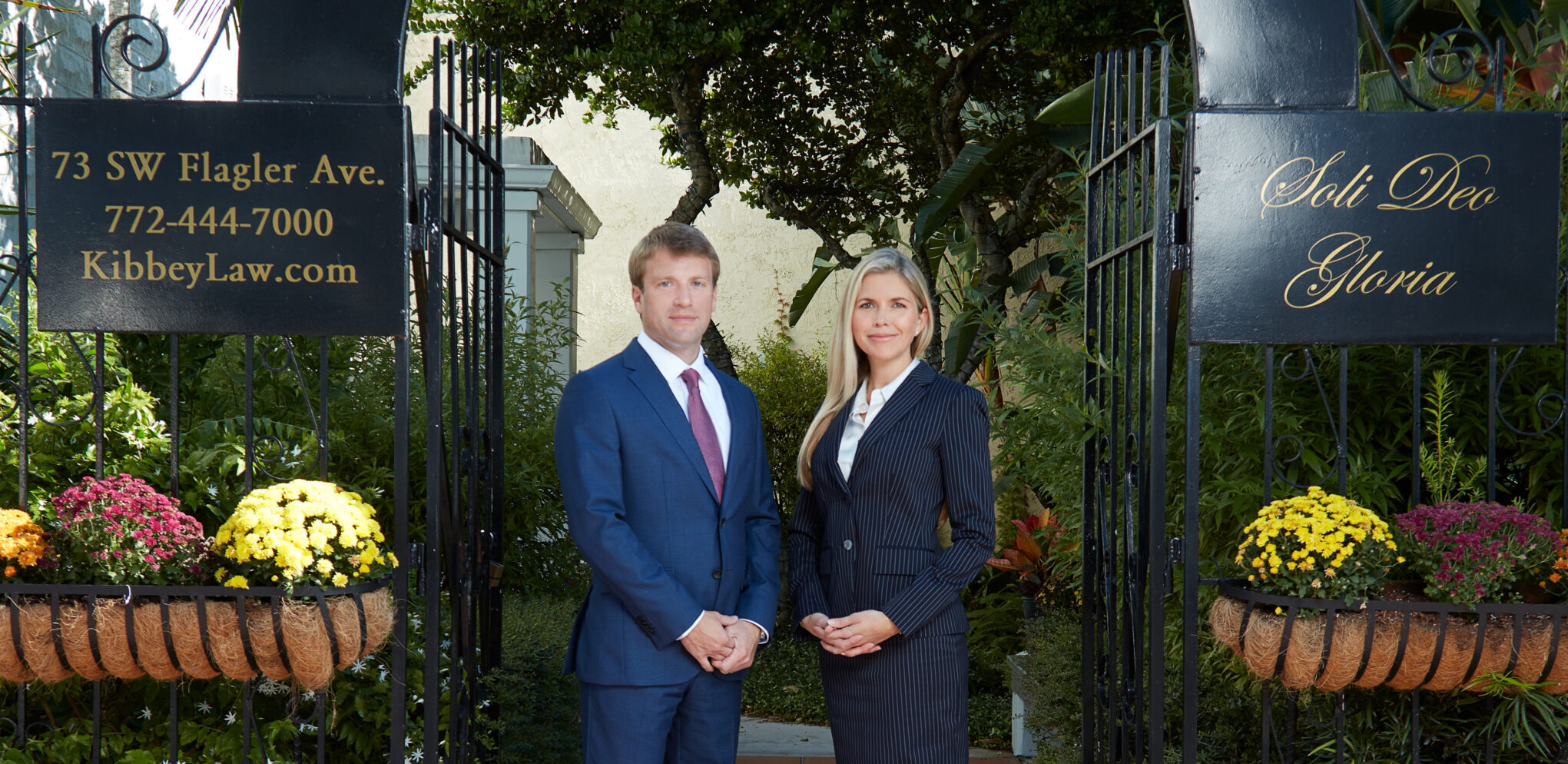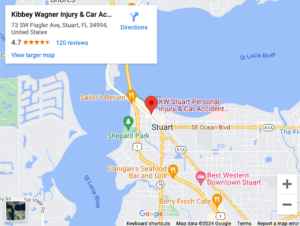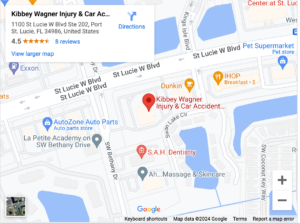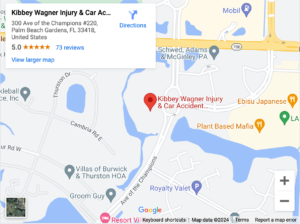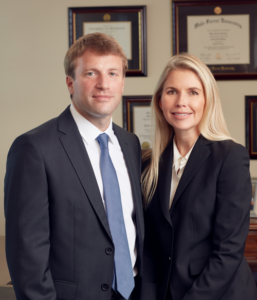
Causation is an essential legal element of a personal injury or wrongful death claim. The defendant bears liability if there is a causal relationship between their behavior and someone else’s injury or death. To win a personal injury claim for monetary damages, two types of causation must exist-–factual cause and proximate cause.
The Four Elements of a Negligence Claim
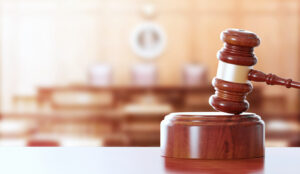
Most people who file personal injury claims base their claim on negligence, a legal term that means roughly “carelessness.” To win a negligence claim, you must prove each of the following four elements on a “more likely than not” basis.
Duty
The defendant must have owed you a duty of care. Almost everyone owes everyone else a duty of ordinary care (a small child might be an exception). A driver must drive carefully to avoid a car accident, for example. A professional such as a doctor owes a higher duty of care based on their specialized training and experience.
Breach of Duty
A defendant breaches their duty of care by performing an act that their duty of care forbids or failing to perform an action that their duty of care demands. For example, failing to stop at a stop light breaches the duty of care.
Damages
You must have suffered a physical injury, not just a “close call.” However, once you suffer a bodily injury, you can also claim compensation for economic and non-economic damages.
Causation
Causation is the thread that links the defendant’s wrongdoing with the harm that you suffered. The defendant’s misconduct must have caused your damages.
The Two Types of Causation
You must prove two types of causation to win your personal injury claim-–factual cause and proximate cause.
Factual Cause
Factual cause is “but for” causation. You must prove that “but for” the defendant’s misbehavior, you would not have suffered damages.
Example
Let’s say that Person A runs a red light and crashes into Person B’s car, injuring them in the process. “But for” Person A running the red light, the accident would not have occurred. Therefore, this element is likely met.
Proximate Cause
Proving factual cause is not enough. You must also prove that the relationship between the defendant’s behavior and your damages is close enough that it would be fair to hold the defendant liable. This type of causation is known as proximate cause. The test is whether a “reasonable, prudent person” could have foreseen that the wrongful act would result in the damages that the defendant suffered.
Example
Using the same example from above, Person A’s actions were also the proximate cause of Person B’s harm. Crashing into another vehicle after running a red light is foreseeable, and a reasonable person would expect that type of accident to occur.
But if “but for” cause was the only form required, Person A’s mother could also be held liable for the accident. That is because “but for” Person A’s mother giving birth to Person A, the accident would not have occurred. This is precisely why proximate cause must also be asserted.
Causation and Shared Liability
Under Florida’s modified comparative negligence system, more than one party can cause an accident. This system reflects the reality that more than one party might share the blame in, say, a car accident. No party is liable for an accident unless their behavior was a significant cause of the accident. However, they might bear liability for their own damages if they failed to mitigate them.
A court will assign a percentage of fault to each party. It will then subtract the same percentage of fault (15%, for example) from that party’s damages. It will also order the party to pay the portion of the other party’s damages that corresponds to its own percentage of fault (again, 15%). A party that is more than 50% responsible for an accident cannot recover compensation
A Personal Injury Attorney Can Help You Navigate the Legal Landscape
In some personal injury cases, the issue of causation is so straightforward that the controversy revolves around other issues, such as breach of duty. In other cases, causation is central. Either way, your chances of winning your claim multiply when you hire a seasoned personal injury lawyer to represent you.
Contact our personal injury law firm Kibbey Wagner Injury & Car Accident Lawyers by dialing (772) 444-7000 and schedule a free initial consultation.

